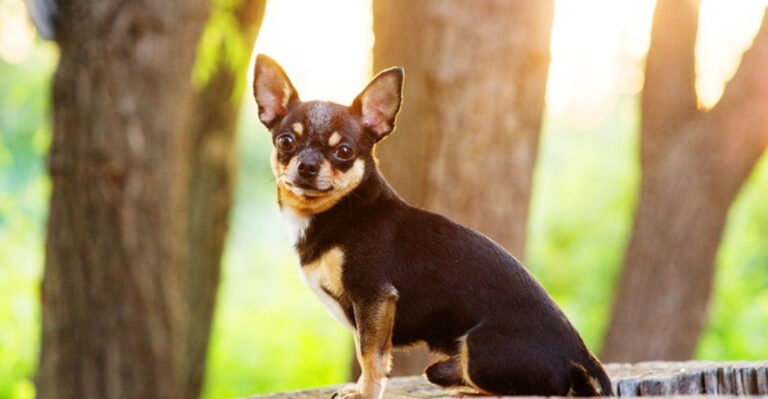15 Reasons Horses Refuse To Be Ridden And How To Fix It
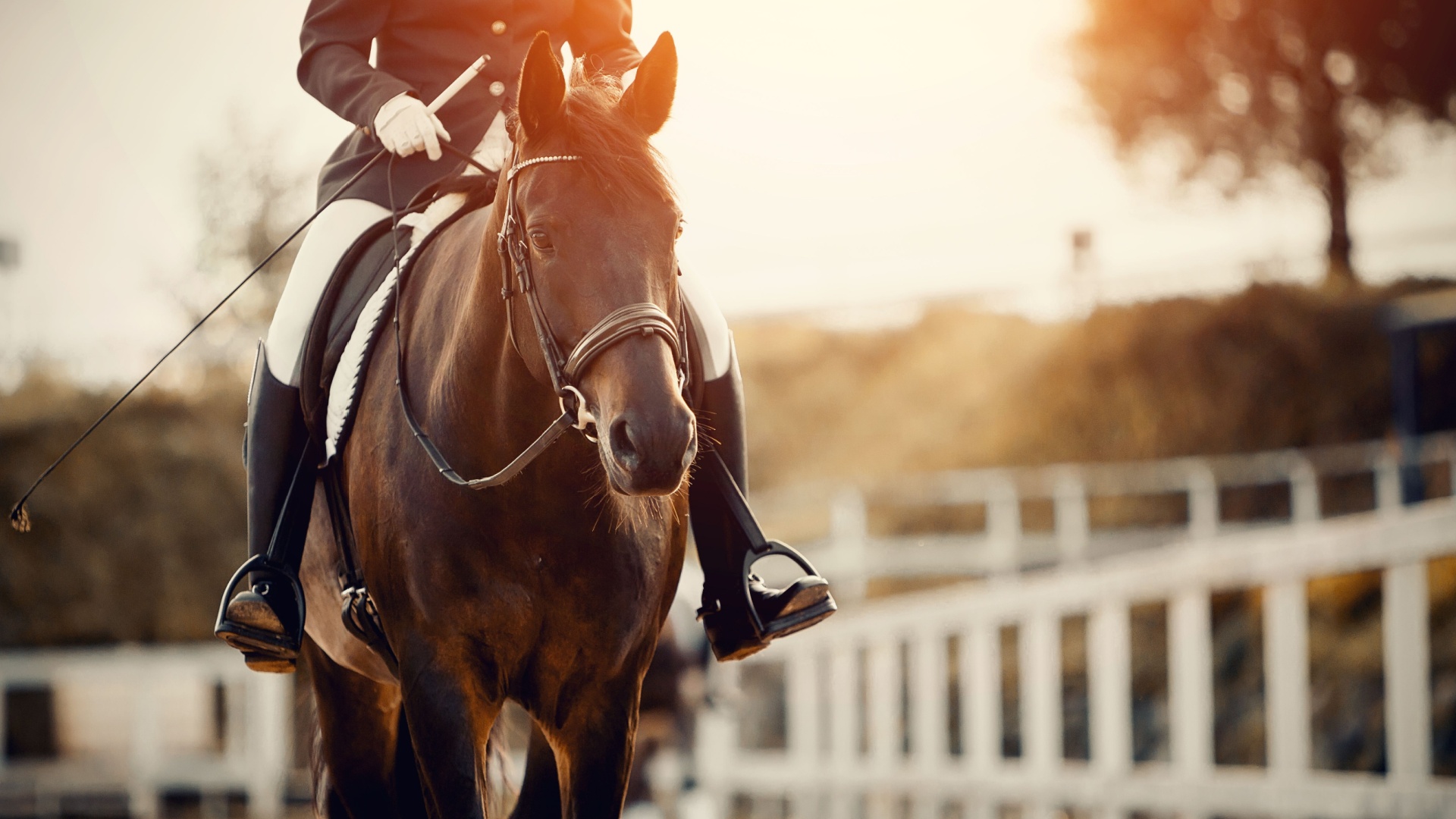
Horses can be surprisingly stubborn when something’s off, and sometimes they simply refuse to be ridden. It might be discomfort, fear, or even a lack of trust.
But don’t worry – with a little understanding and the right approach, you can get your horse back in the saddle. Here’s why your horse might be saying no, and how to turn that refusal into a successful ride!
1. Poor Saddle Fit
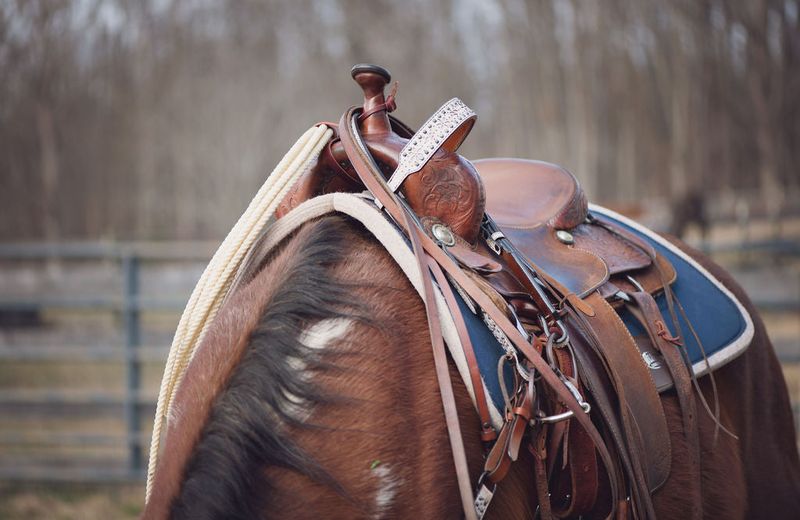
Imagine wearing shoes that pinch all day. Ouch, right? That’s exactly how your horse feels with a poorly fitted saddle, which can lead to refusal to ride.
To ensure comfort, have a professional check the fit of the saddle. A well-fitted saddle can turn an uncomfortable ride into a joyful journey for both you and your horse.
2. Health Issues
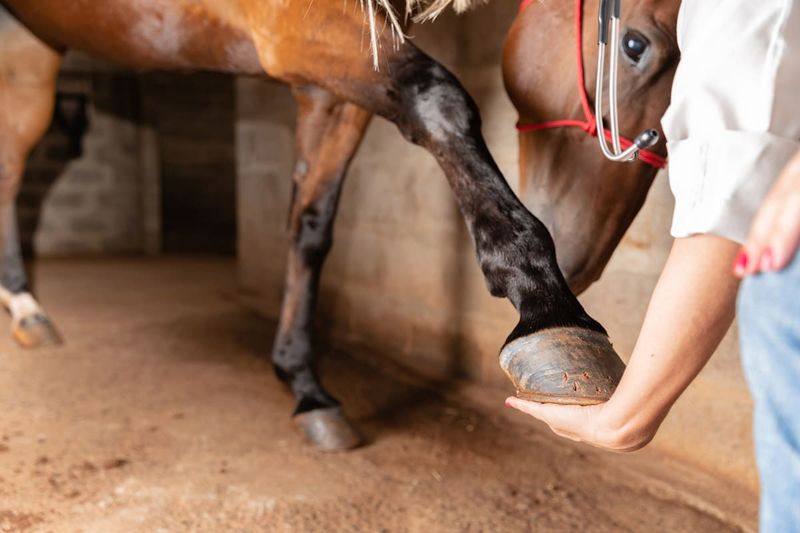
When under the weather, even the gentle giant prefers resting to romping. Health issues like hoof pain or dental problems often go unnoticed.
Regular vet check-ups can catch these sneaky issues early. Keeping your horse healthy ensures they’re ready and willing to trot along happily.
3. Fear Of Rider
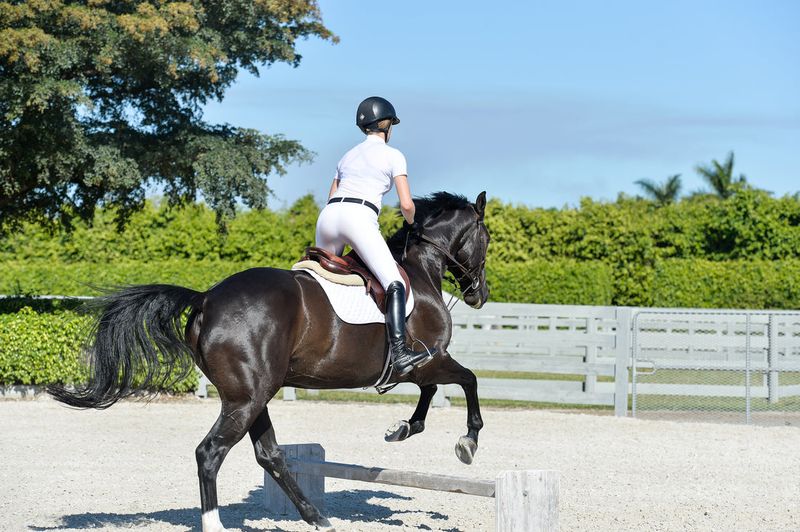
Meeting new people can be nerve-wracking, even for horses. A previous bad experience with a rider can linger in their memory, causing fear.
Take it slow; build trust and comfort over time. Show them that not all riders are the same.
Patience is key in transforming a fearful horse into a confident partner.
4. Lack Of Proper Training
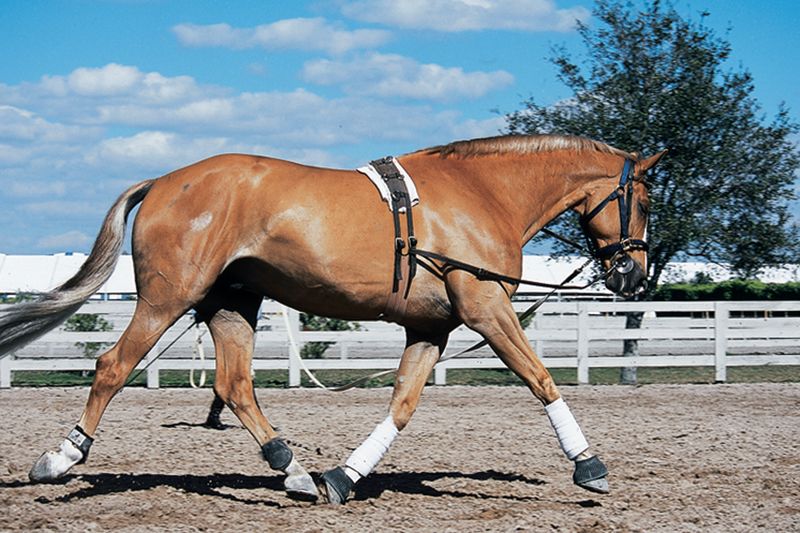
A school without teachers would be chaos, just like a horse without proper training. Without a solid foundation, they might refuse to cooperate.
A well-trained horse is like a well-danced tango; effortless and in sync. It takes time, but the results are worth the effort.
5. Boredom
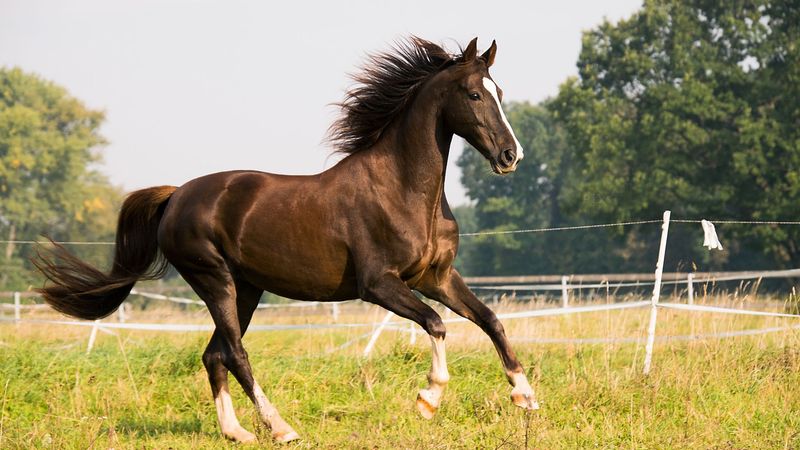
Boredom can strike even the most majestic of creatures. Repetitive routines make horses lose interest, leading to refusal.
Mix things up with varied activities to keep them engaged. Introduce new trails, obstacles, or games.
Excitement and novelty can rekindle their interest in being ridden.
6. Inadequate Nutrition
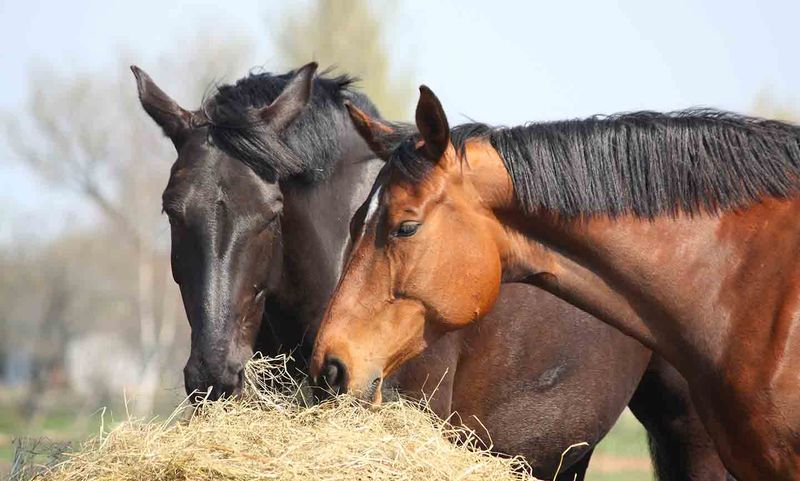
Just like us, horses need a balanced diet to feel their best. Poor nutrition can sap their energy and willingness to cooperate.
Consult with a nutritionist for a tailored diet plan. The right nutrients can turn a listless horse into a lively companion, ready for adventures.
7. Weather Conditions
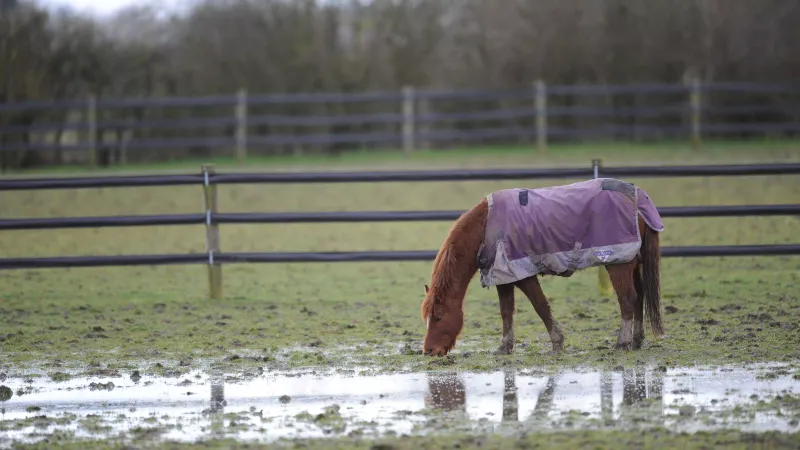
Rain, snow, or scorching sun – not every horse is a fan of extreme weather. Uncomfortable conditions can make them refuse to be ridden.
Choose rides tailored to the weather, ensuring their comfort. A comfortable horse is a cooperative horse, ready to enjoy the ride, come rain or shine.
8. Improper Tack Adjustment
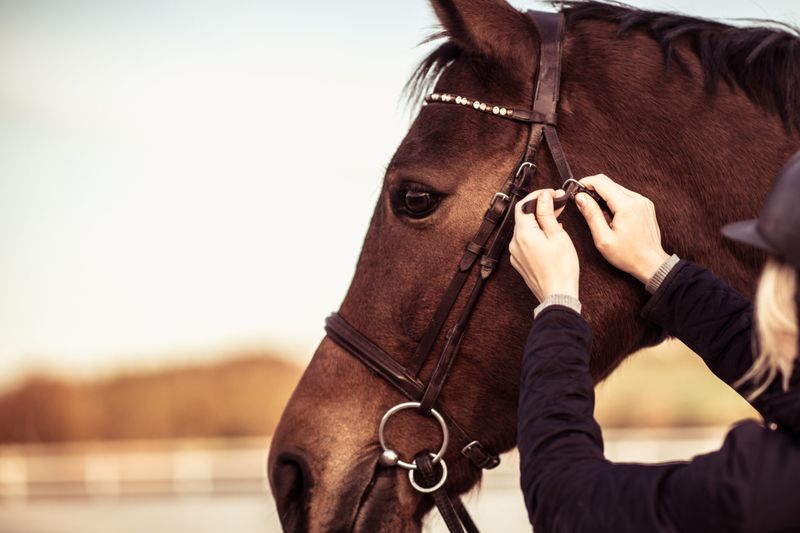
Imagine wearing a crooked tie all day – bothersome, right? Improper tack adjustment can annoy your horse, leading to refusal.
Check and adjust tack before every ride to ensure proper fit. Attention to detail in tack setup can make the difference between a strained ride and a smooth journey.
9. Pain From Previous Injury
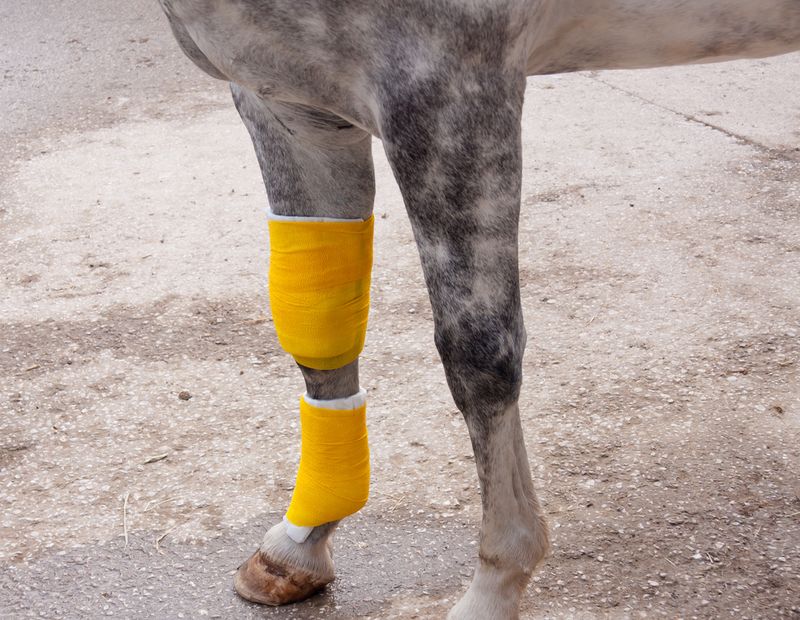
Old wounds can linger, just like bad memories. Pain from previous injuries might cause a horse to hesitate at another ride.
Regular veterinary care can help address lingering pain. Caring for their comfort helps them leave old aches behind and embrace new adventures.
10. Mismatched Rider Skill
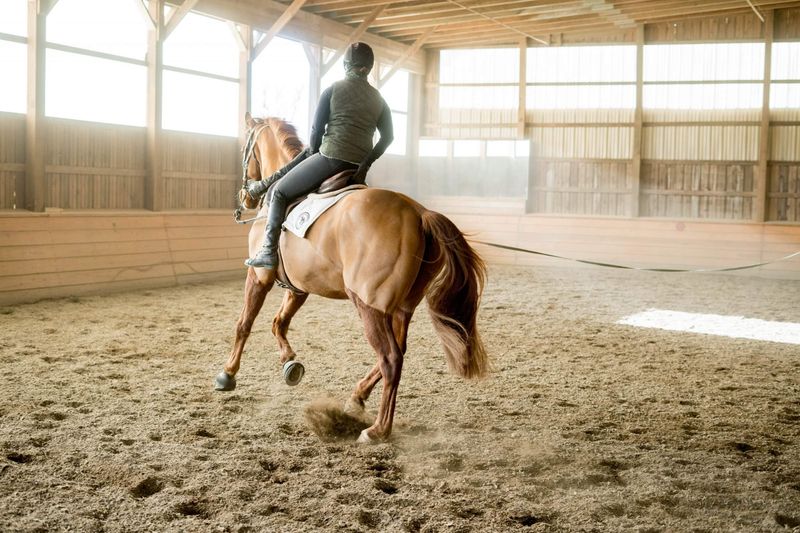
A beginner pianist can’t play a concerto with a broken piano. Similarly, a mismatch in rider skill and horse ability can cause refusal.
Pairing the right rider with the right horse ensures harmony. This careful matching turns uncertainty into confidence for both parties.
11. Fear Of Unknown Environments
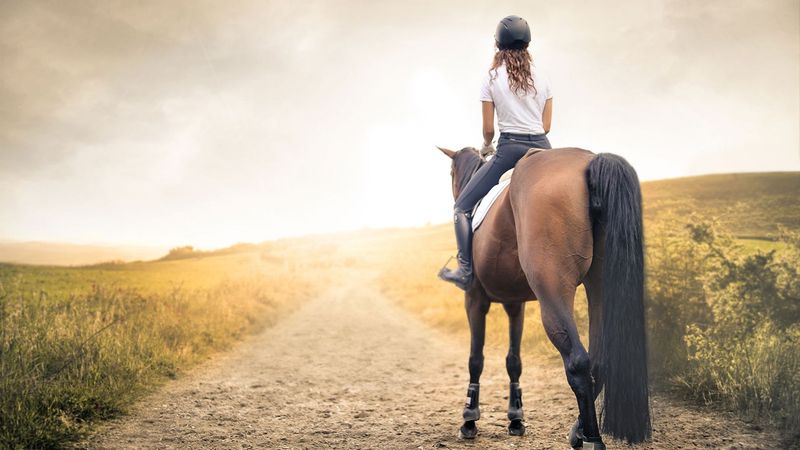
New places can be scary for anyone, including horses. Fear of unknown environments can make them refuse to budge.
Introduce new trails gradually, allowing them to acclimate slowly. Familiarity builds confidence, turning fear into curiosity and exploration.
12. Lack Of Bond With Rider
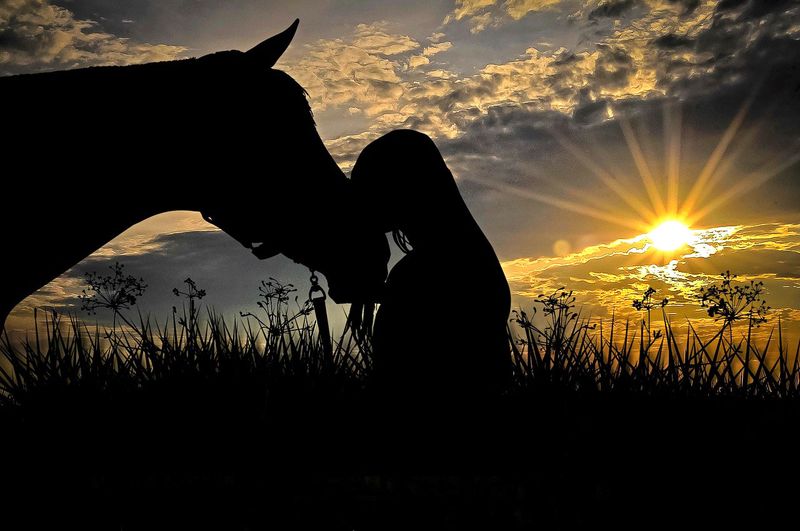
Trust is the foundation of any relationship, including between horse and rider. Lack of bond can lead to refusal.
Spend time building a connection through grooming and groundwork. A strong bond fosters cooperation and eagerness to ride together.
13. Overwork
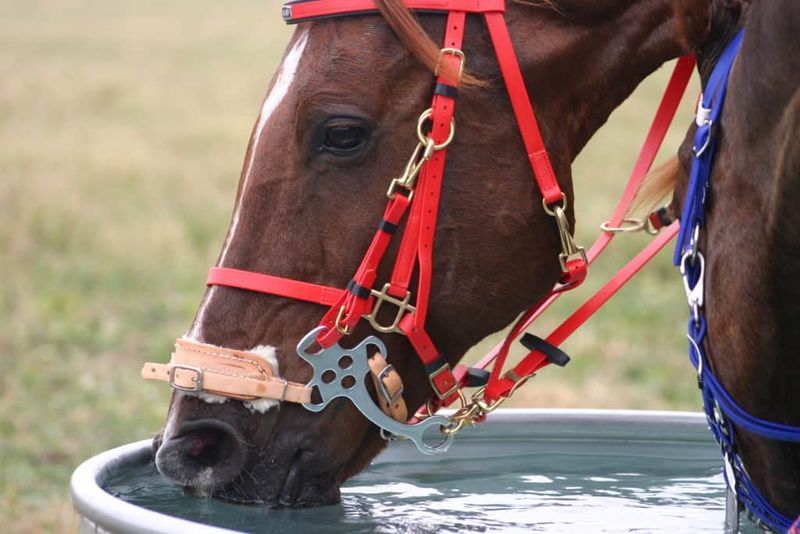
Burnout isn’t just for humans. Overwork can exhaust a horse, making them resistant to more rides.
Ensure balanced work and rest periods to keep them fresh and enthusiastic. A well-rested horse is more likely to be a willing partner in your adventures.
14. Mental Stress
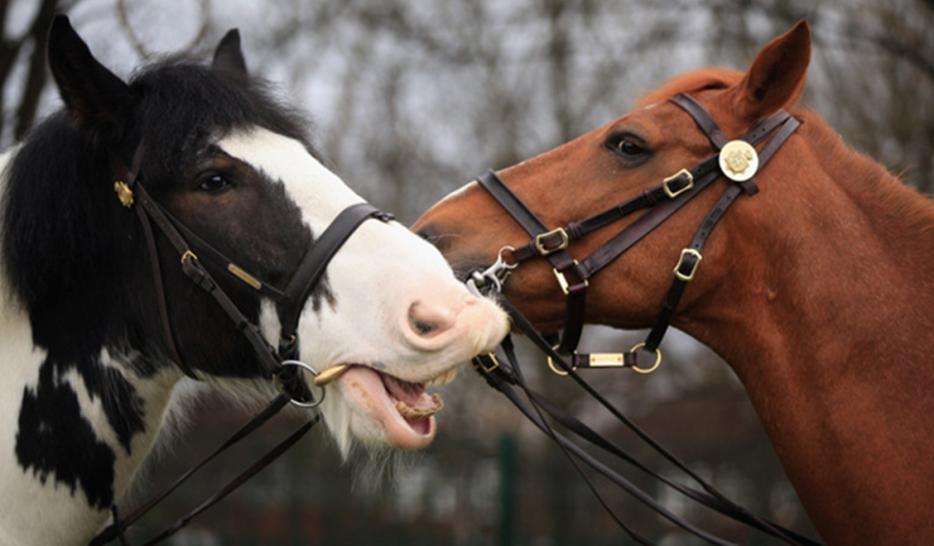
Horses, like people, can experience mental stress. Too much noise or commotion can lead to refusal to ride.
Provide a calm environment to reduce stress. A peaceful setting can transform a stressed horse into a serene companion, ready to ride.
15. Improper Riding Techniques
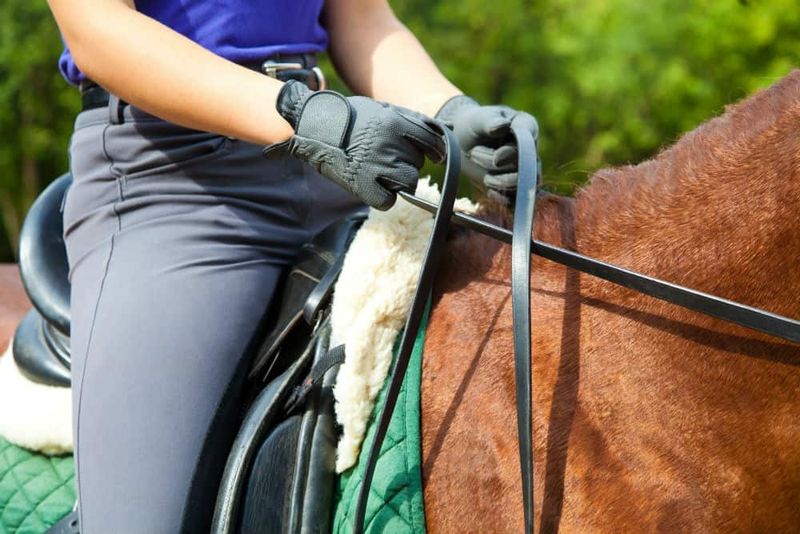
Imagine being poked constantly – frustrating, right? Improper riding techniques can annoy a horse, leading to refusal.
Learn correct riding methods to ensure horse comfort and cooperation. Proper technique promotes a pleasant experience for both horse and rider.






